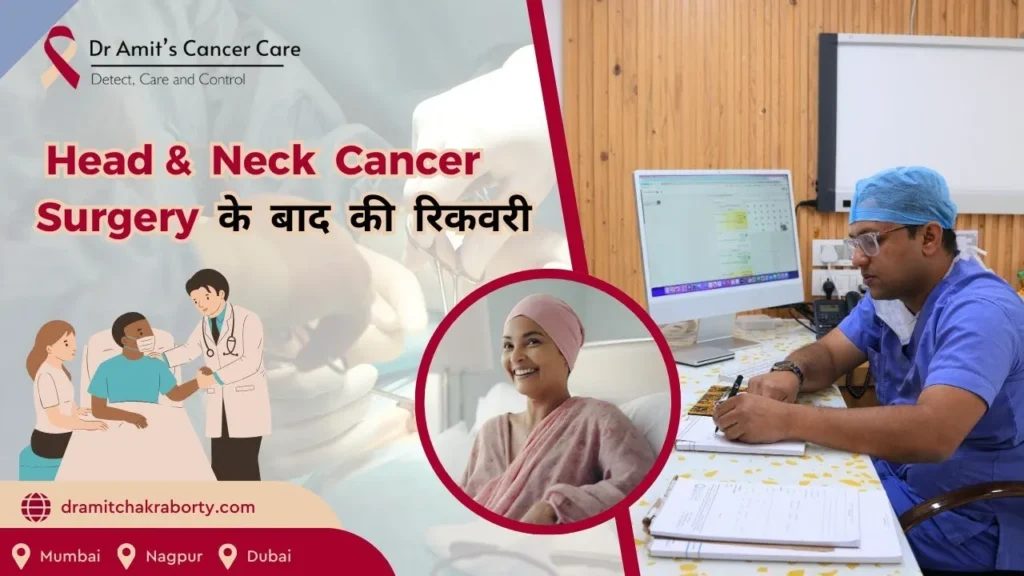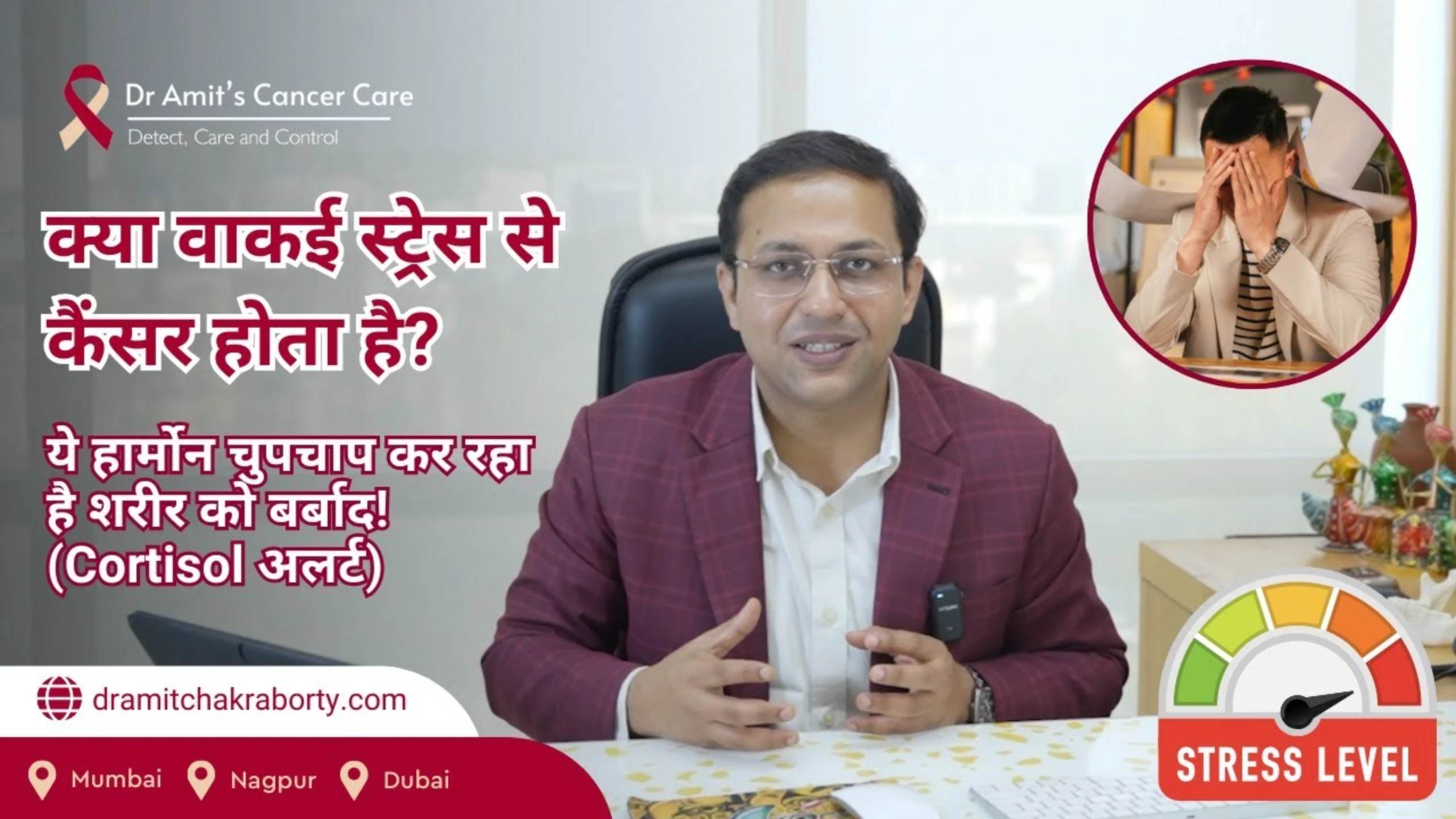Head and neck surgery is a complex medical procedure often performed to treat conditions such as cancer, tumors, or structural abnormalities. A well-managed recovery process is essential to ensure optimal healing and restore functionality. Here’s what you need to know about recovery after head and neck surgery, guided by the expertise of Dr. Amit Chakraborty
1. Hospital Stay and Initial Recovery
After surgery, patients typically remain in the hospital for monitoring. The length of stay depends on the type and extent of the surgery. Common postoperative practices include:
- Monitoring Vital Signs: Regular checks of heart rate, blood pressure, and oxygen levels.
- Drainage Tubes: Temporary tubes may be inserted to prevent fluid buildup.
- Pain Management: Medications are prescribed to alleviate pain and discomfort.
- Speech and Swallowing Assessments: Specialists evaluate speech and swallowing ability.
2. Wound Care and Incision Management
Proper wound care is crucial to avoid infections and promote healing:
- Keep the Area Clean: Follow medical instructions for cleaning and dressing changes.
- Avoid Sun Exposure: Protect the surgical site from direct sunlight to minimize scarring.
- Report Signs of Infection: Watch for redness, swelling, discharge, or fever, and inform your healthcare provider promptly.
3. Nutrition and Dietary Adjustments
Nutrition plays a critical role in recovery:
- Soft Diet: Start with a soft or liquid diet to ease swallowing.
- Stay Hydrated: Drink plenty of fluids to maintain hydration.
- High-Protein Foods: Include protein-rich foods like eggs, fish, and dairy to support tissue repair.
4. Speech and Swallowing Therapy
Depending on the type of surgery, speech and swallowing therapy may be necessary. Therapy sessions help regain lost functions through personalized exercises and guidance.
5. Physical Activity and Rest
Balancing rest and physical activity is important:
- Rest Adequately: Allow your body to heal by getting enough sleep.
- Light Activities: Gradually resume light activities as advised by your surgeon.
- Avoid Strenuous Exercise: Refrain from heavy lifting or intense workouts during the initial recovery period.
6. Emotional and Psychological Support
Recovery from head and neck surgery can be emotionally challenging:
- Seek Support Groups: Join patient support groups for shared experiences and motivation.
- Counseling Services: Consider psychological counseling to cope with changes in appearance or speech.
- Stay Positive: Focus on milestones and celebrate progress along the recovery journey.
7. Follow-Up Care and Regular Check-Ups
Frequent follow-up appointments are essential for monitoring recovery progress. These visits may involve:
- Imaging Tests: Scans like CT or MRI to check for any remaining issues.
- Cancer Surveillance: Regular screenings if the surgery was cancer-related.
- Medical Reviews: Assessments of swallowing, breathing, and overall health.
When to Contact Your Doctor
Contact your healthcare provider immediately if you experience:
- Difficulty Breathing or Swallowing: These are potential emergency symptoms.
- Persistent Pain or Swelling: Especially if it worsens over time.
- Signs of Infection: Fever, pus, or unusual discharge from the incision site.
Expert Care with Dr. Amit Chakraborty
Dr. Amit Chakraborty, a leading surgical oncologist at Dr. Amit’s Cancer Care, specializes in head and neck cancer surgeries. With locations in Mumbai, Nagpur, and Dubai, his team provides expert care, from pre-surgical consultations to personalized recovery plans.
Conclusion:
Successful recovery after head and neck surgery requires a comprehensive approach involving medical care, proper nutrition, emotional support, and consistent follow-up. Trust the expertise of Dr. Amit Chakraborty and his team to guide you through every stage of your healing journey.






